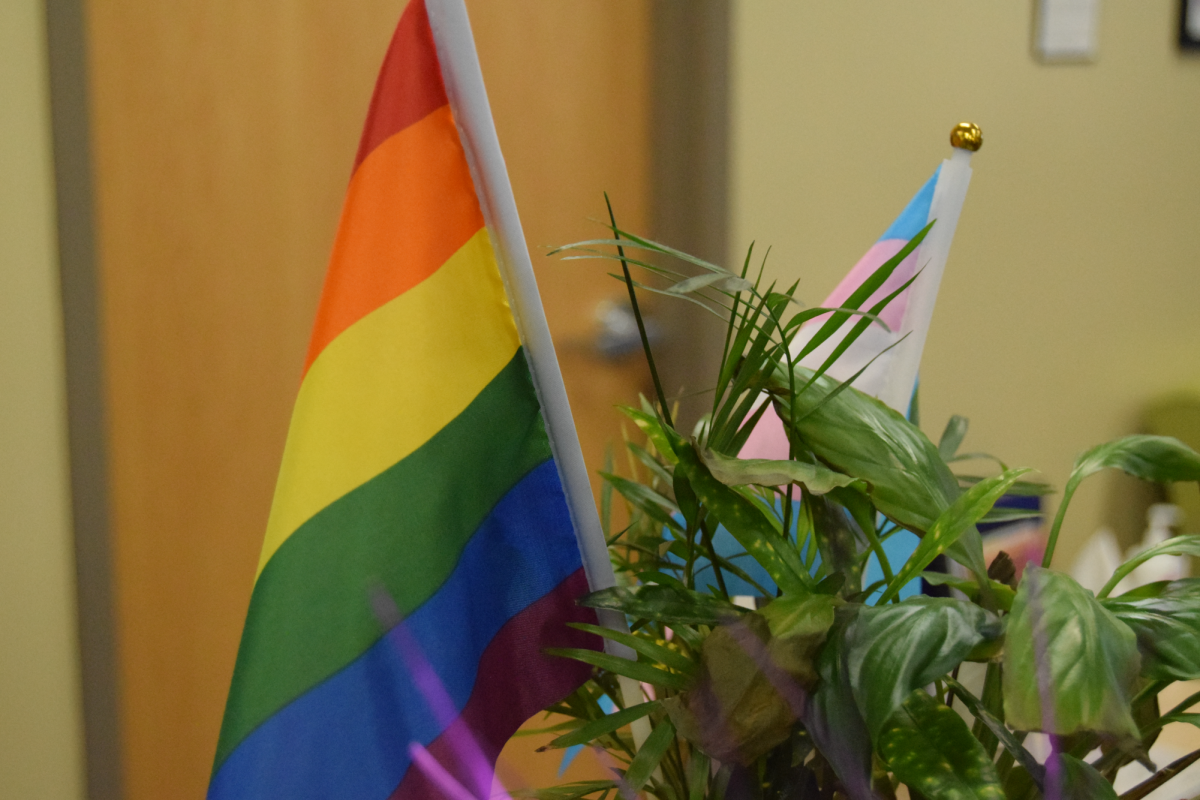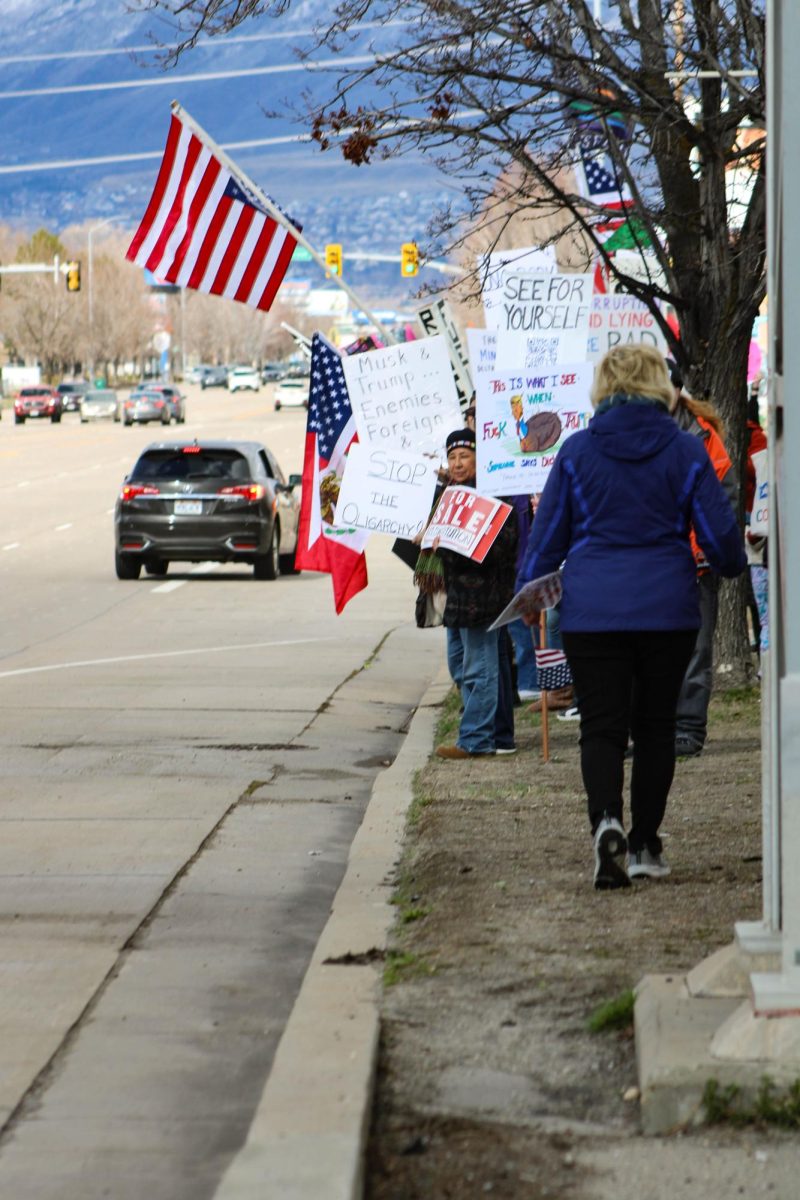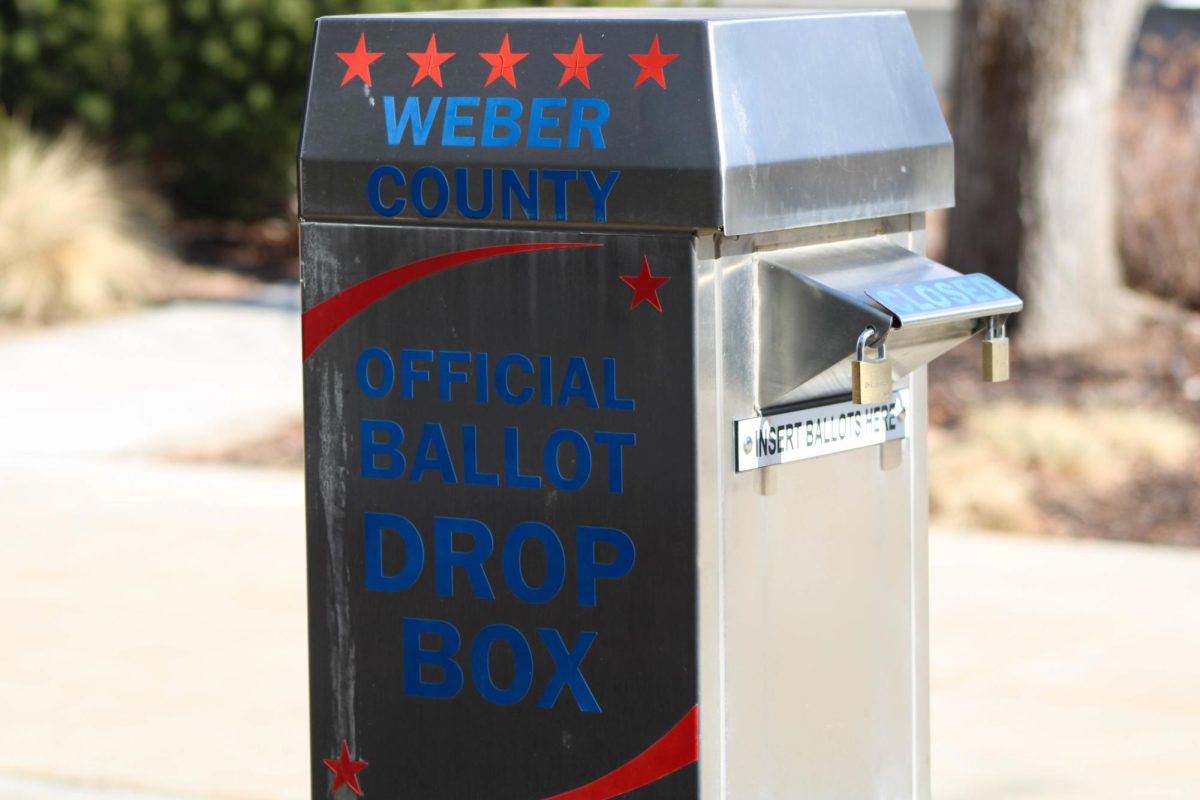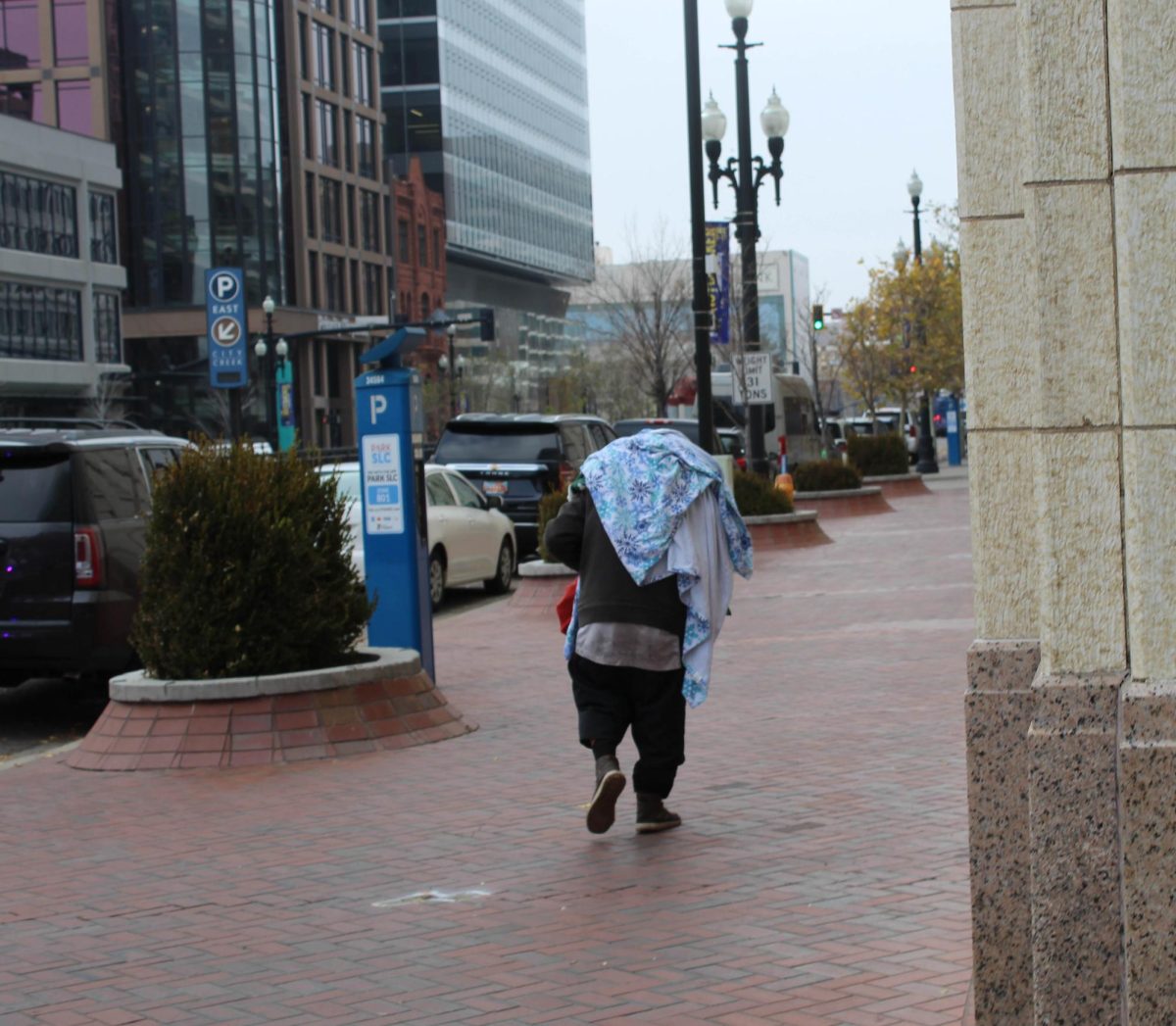I’ve addressed the negative misconceptions about feminism in this column before, but that time, I mostly just looked at the fact that it is perceived negatively and suggested that maybe people just don’t understand what it is. Well, I’ve noticed some rather hostile posts on Facebook and across the Web lately that I’m sure are nothing new, but have given me helpful suggestions as to what could be addressed.
I should get out of the way first that I am nobody’s expert on the history or complexities of feminism. A wealth of textbooks, courses and professors on campus could answer your questions on the topic much better, if you are genuinely curious as to whether feminism is still relevant and why.
Nonetheless, the ignorance that still prevails about the basic definition of feminism is too baffling not to address in my own small way. So I’m going to give those of you who proudly declare your hatred and misunderstanding of feminism on the Internet the benefit of the doubt and assume that you actually want answers to your sarcastic questions, and are not just maligning an entire movement that you obviously have made no honest, judgment-free effort to study or understand, because that really wouldn’t say a lot about you. So let’s concisely address some of the most tossed-around questions/misconceptions about feminism here, and leave the heavier lifting to our capable gender studies, sociology and history professors.
1. Why do we even need feminism? Don’t women have all the legal rights men have?
I’m glad you’re all so fond of pointing out how many rights women have now because of the movement you hate. So you agree it was needed once, but it’s time for them womenfolk to sit down and shut up now that they’ve been thrown the basics they’re entitled to as human beings? Or did you not know that was because of feminism? (No offense, but if you’re saying this, you probably didn’t.)
All sarcasm aside, I appreciate that this one can be meant as a genuine question in these times when we as a country legally reinforce the importance of equality for all people. If one sexist boss denies a female worker a promotion because “she’s just going to get married and start churning out babies and leave the company anyway” (true story), that’s not the country’s fault, right? It’s not, but here’s where people are just missing the point.
Feminism isn’t so much about changing laws anymore, though I’m sure there’s still some of that left to do; it’s about combating misogyny, which is a problem on a cultural scale. In a way, this is a more daunting task than changing laws would be, because it’s so far-reaching, varied and hard to pinpoint. Misogyny manifests itself in so many ways in our daily life that we don’t even notice it anymore. It can be as mundane as a magazine cover or cinematic portrayal, or as blatant as the declaration that “rape is just surprise sex” (if you didn’t know there are guys who actually say this, I envy your life) or the admonition of “woman, know thy place” (shout-out to the guy who wrote a letter to The Salt Lake Tribune when a few women wore pants to church!). Misogyny is unwittingly perpetrated by both men and women, sexist and non-sexist alike, and its effects can range from seemingly trite — narrow portrayal of women in pop culture compared to men, barely any female directors or screenwriters — to the prevalence of rape and eating disorders.
2. Hey, don’t blame rape and eating disorders on sexism. Those affect everyone and have nothing to do with feminism.
They are pretty direct byproducts of misogyny, so yes, they have everything to do with feminism. People get really defensive here, as if acknowledging the existence of rape, domestic violence, systematic genital mutilation and eating disorders equates to personally calling them sexist or claiming that males are immune to such problems. Most, I would hope, certainly are not saying that. But for females in our society, and even more so in other parts of the world, you simply can’t deny (though MRAs will try) that they have reached near-epidemic levels for women. This doesn’t mean that men are evil, or even that the majority of individuals are sexist, so put your weapons down. It just means that misogyny has become embroidered into our culture in ways no one person is responsible for, but that each individual can help bring down. You don’t notice it in your daily life? Exactly my point.
3. Who cares about women’s rights when we have racism and homophobia to worry about? You’re better off than most people, so quit whining.
Except that sexism, racism and homophobia have something important in common. I can’t think of many demographics in history who got what they wanted from shutting up and meekly hoping the Equality Machine would take care of everything, so the very fact that feminists are the group people most want to shut up says a lot about our cultural mindset right there. Also, who is this “you” you’re addressing who has it so great? The woman I know whose husband threw knives at her when she wanted to eat because she wasn’t thin enough? The one we all know who was beaten to a pulp and treated like a sex toy for the amusement of her attacker? Women in other countries who have no rights at all, not even the right to keep their own reproductive organs intact? Feminism is for them, and if any of the women you love have gone through something similar, then it’s trying to help you too.
I’m not sure where everyone got the idea that feminism was founded exclusively for privileged white women who just want to be big-business royalty and are offended by the notions of marriage, childbearing, bras and men. Sure, there are probably feminists like this, but the movement itself has its heart so much in the right place that the amount of hatred it gets is mind-boggling.
It’s not trying to take away your freedom to be a stay-at-home mother; it’s trying to give you the freedom to do that without it being culturally mandatory.
It’s not saying women should be the same as men; it’s saying the fact that they’re not the same should have no effect on how they are perceived.
It’s not pitting boys versus girls; it’s saying we need to educate and respect our young women and men so they don’t grow up to pit themselves against each other.
It’s not saying all women are dragged through the mud every day; it’s saying we should all be sensitive to and supportive of the ones who have fallen prey to victimization.
And if you’ve been led to believe it’s something more sinister than all that, maybe consider the source. Doesn’t the fact that so many people are determined to twist it into this evil conspiracy when it’s intended to be a support system and educational mission seem a little . . . well . . . sexist to you?



















